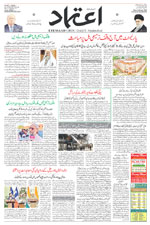Thailand Crowns New King for New Era
Mon 06 May 2019, 18:39:18
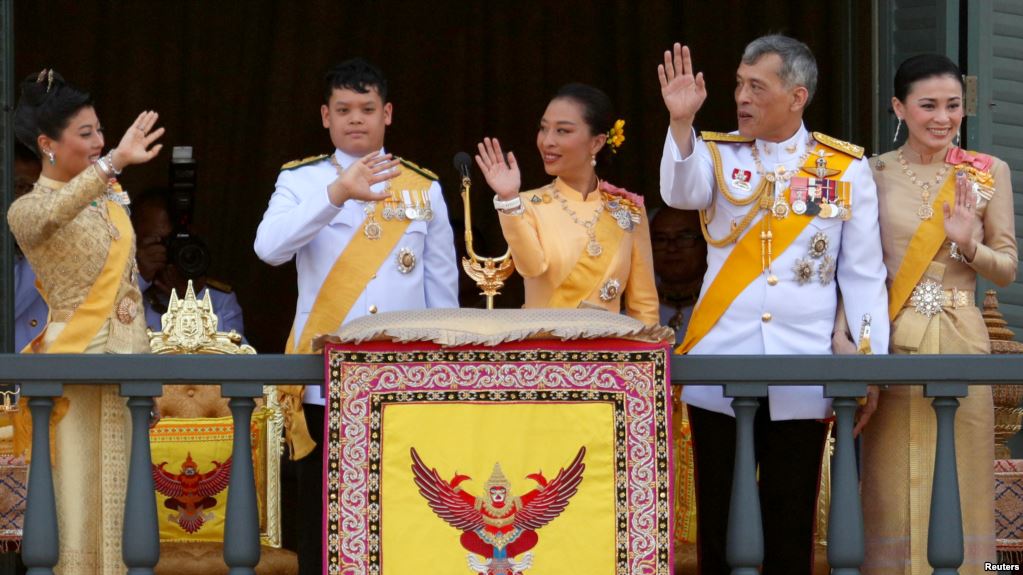
Thailand wraps up three days of elaborate and carefully choreographed ceremonies Monday consecrating a new king who has wasted little time making his mark on the monarchy.
Thousands of well-wishers wearing uniform yellow shirts lined the streets of Bangkok's old quarter Sunday afternoon to catch a glimpse of King Maha Vajiralongkorn on his 7 km loop from the Grand Palace to a trio of Buddhist temples where he paid his respects. A royal retinue of hundreds in colorful dress marched in lock step down the route as the king rode a gilded palanquin to the tunes of a marching band.
The main coronation events, estimated to cost upwards of $30 million, began Saturday when the king was showered and purified with waters gathered from across the country before donning the full royal regalia, replete with sword, scepter and diamond-capped crown. A mix of Buddhist and Hindu Brahmin rituals, the rights of passage are meant to transform the king into a divine embodiment of the gods.
Monday he greeted the public from the balcony of the Grand Palace and granted an audience with foreign dignitaries.
The coronation is the first for Thailand in 69 years and consecrates the reign of the new king — also known as Rama X, the tenth king of the Chakri dynasty — who ascended the throne in late 2016 after the death of his widely revered father, King Bhumibol Adulyadej.
"I believe King Bhumibol [was a] good person and very kind. I think King X also [has a] heart like King IX," she said. "If [the] king can [be] patient, he can take care [of the] people of Thailand."
"I think he [is] like a center, like a heart of Thailand," said Aan Tan, who felt compelled to see the king in the flesh.
She said she hoped he would help heal the country's deep political divide, which has pitted pro-democracy forces against a military and business elite that has aligned itself with the monarchy. Later this week, official results from a March 24 election will decide whether pro-democracy parties have enough legislative seats to push the leaders of a 2014 coup out of power.
"When they have fight [with] each other, the king will help," Aan said, "because they also respect him, so they will listen to him, [because they] have to look [out] for the people, not their own things that
they want."
they want."
Though the monarchy is meant to refrain from the country's politics, it is rarely far from the fray. And while strict lèse-majesté laws keep a tight lid on what is said about the king in Thailand, reverence for the royal family does run broad and deep.
Over several turbulent decades, King Bhumibol came to be seen as a stabilizing force who helped oversee the transformation of the country's economy, now the second largest in Southeast Asia.
But Thitinan Pongsudhirak, a political scientist at Bangkok's Chulalongkorn University, said King Vajiralongkorn was inheriting the crown in very different times.
"His Majesty takes over the throne under vastly different circumstances than his late father, whose reign coincided with Thailand's Cold War decades and the need to thwart communism and buil[d] a nation. This reign will be about Thailand's challenges in the 21st century, [in] particular its protracted political conflict," he said.
"His father also had to rebuild the monarchy whereas His Majesty has inherited a strong kingship at the apex of society," he added.
King Vajiralongkorn, 66, has already made bold moves to assert that strength and further consolidate his control of royal affairs.
He held off on promulgating a new constitution the junta drafted until it agreed to concessions that tighten his grip on the Crown Property Bureau, estimated to be worth at least $30 billion. They also let the king, who spends much of his time in Germany, where he has a home, travel abroad without having to name a regent in his stead.
The junta also granted the king the authority to appoint the Sangha Supreme Council, the governing body of Thai Buddhism, as well as a new chief monk, which he soon used.
"He's demonstrated that he is a much more direct and proactive leader than his father," said Paul Chambers, a political analyst and lecturer at northern Thailand's Naresuan University, citing also the transfer of some military units, including the 1st Infantry Division of the king's guard, under direct palace control in April 2017.
Chambers said the ex-generals the king has also appointed to the Privy Council hail from a faction of the military traditionally opposed to the one that dominates the present junta, and that he was likely to keep appointing members more loyal to him than to the junta or his father.
"You're going to see people on the Privy Council that are very loyal to the new king. And those people, same people, are not going to be close to the current junta. Basically this new king is going to try to remake the Thai political-military leviathan in a way that reflects his own interests and his own people," he said. "So more changes are going to happen."
No Comments For This Post, Be first to write a Comment.
Most viewed from International
Most viewed from World
AIMIM News
Latest Urdu News
Most Viewed
May 26, 2020
Do you think Canada-India relations will improve under New PM Mark Carney?
Latest Videos View All
Like Us
Home
About Us
Advertise With Us
All Polls
Epaper Archives
Privacy Policy
Contact Us
Download Etemaad App
© 2025 Etemaad Daily News, All Rights Reserved.

.jpg)
.jpg)

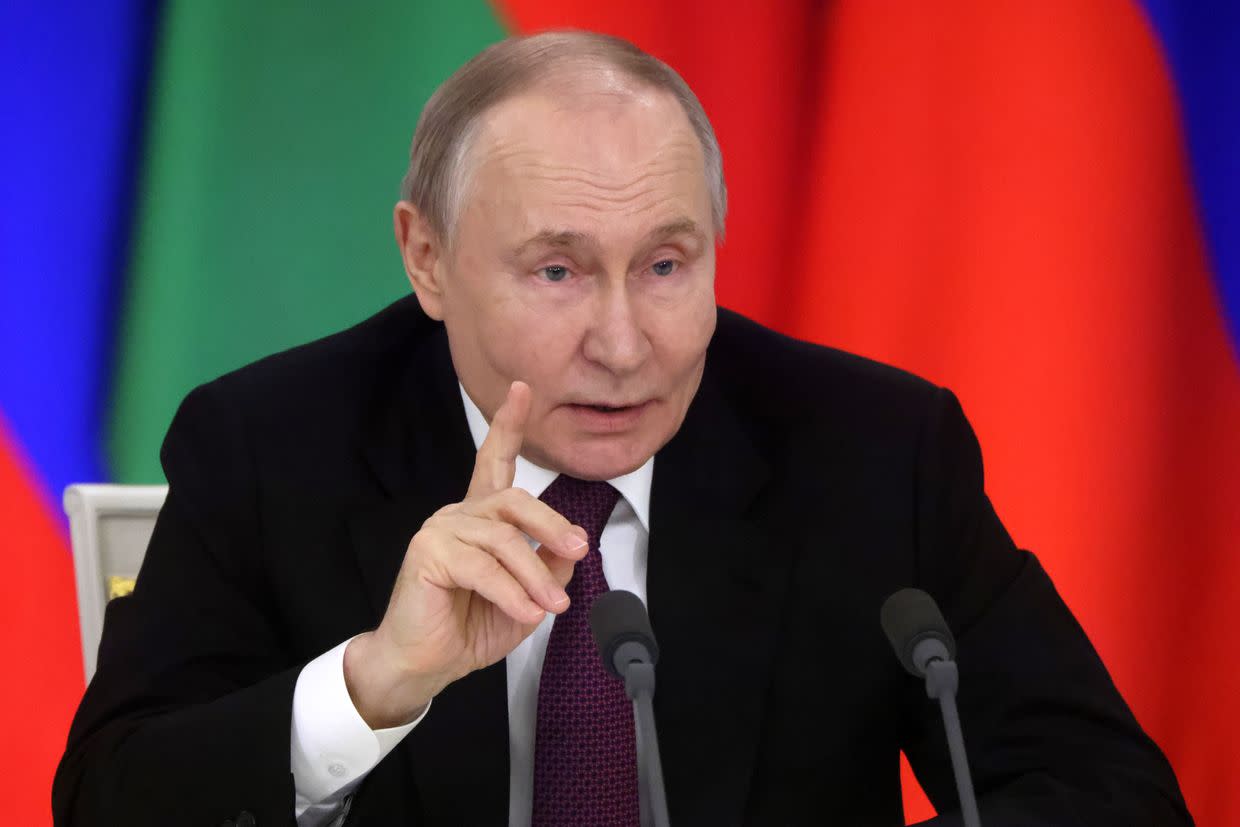
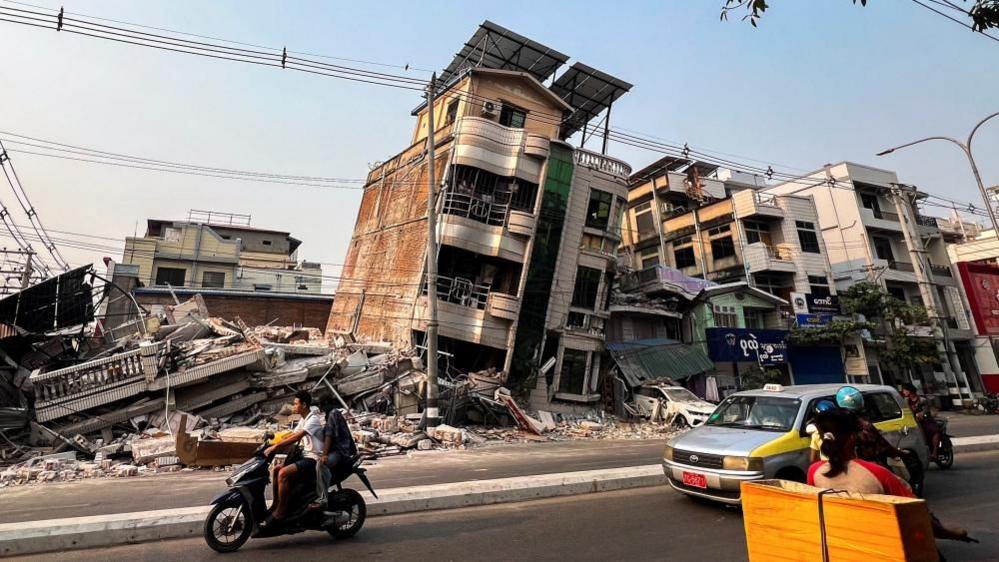

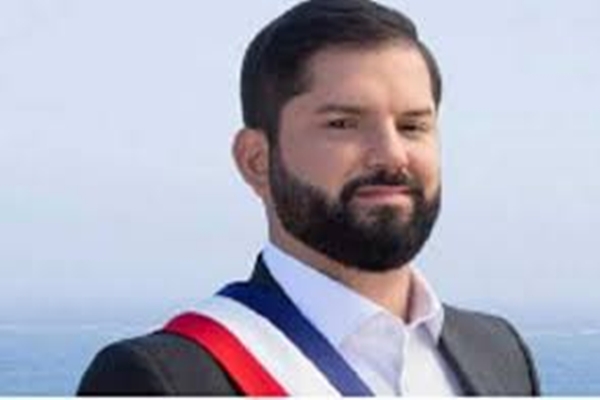
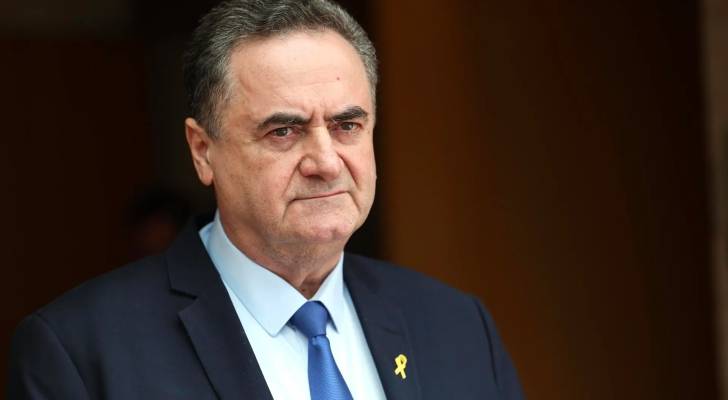

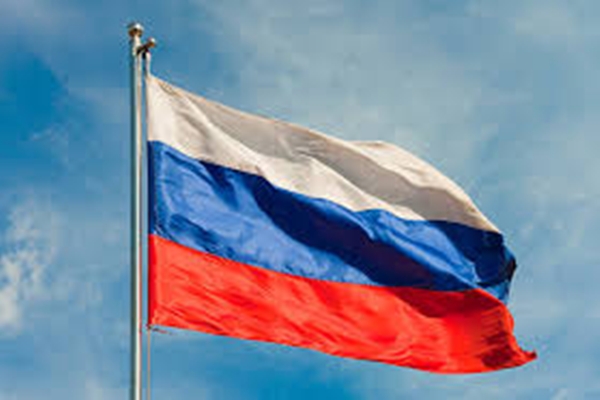
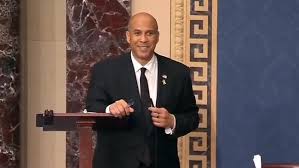
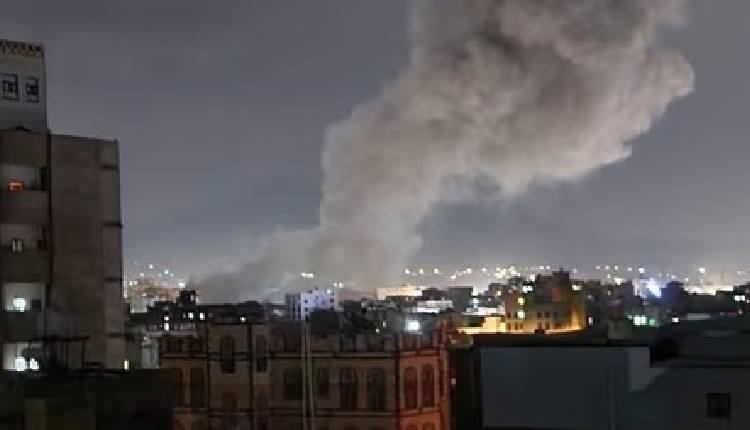
.jpg)
.jpg)
.jpg)
.jpg)
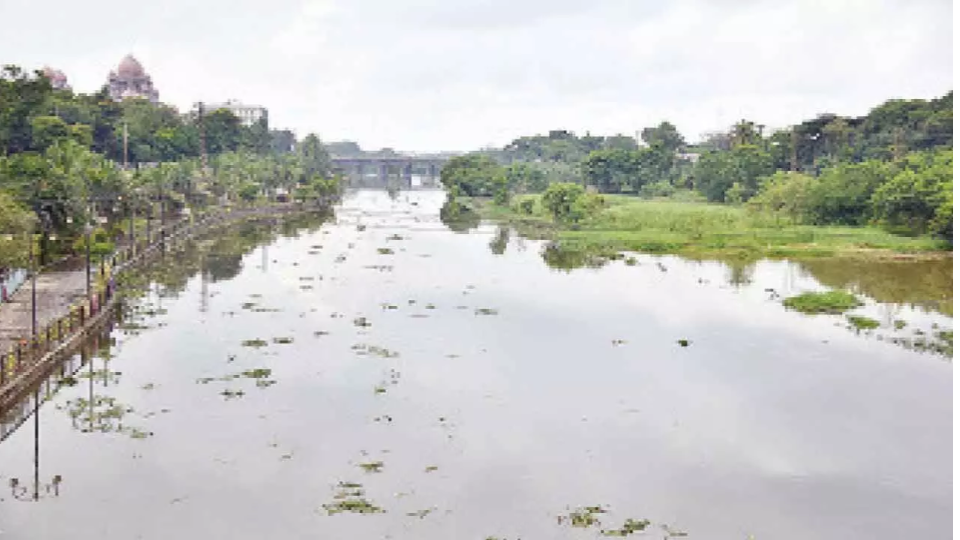
.jpg)
.jpg)
.jpg)
.jpg)
.jpg)

.jpg)

